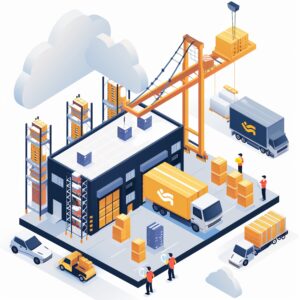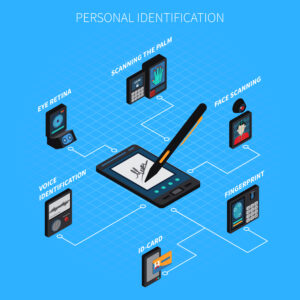E-Way Billing in SAP : Refining Goods Movement and Compliance
The implementation of the Goods and Services Tax (GST) in India introduced the E-Way Bill system, which is crucial for the seamless transportation of goods. SAP, a leading enterprise resource planning (ERP) software, offers robust solutions to integrate E-Way Bill compliance into business processes. This short blog explores how E-Way Billing works in SAP and its benefits for businesses.
What is an E-Way Bill?
An E-Way Bill is an electronic document required for the movement of goods worth more than INR 50,000 within India. It ensures that goods are transported legally and helps in tracking and monitoring goods movement to curb tax evasion.
E-Way Bill Integration in SAP
SAP provides comprehensive solutions to automate the E-Way Bill generation and management process, ensuring compliance and efficiency. Here’s how it works:
- Seamless Integration:
- SAP systems can integrate directly with the GST Network (GSTN) to generate E-Way Bills.
- The integration ensures that data from sales orders, purchase orders, and delivery documents is accurately captured.
- Automated E-Way Bill Generation:
- SAP automates the creation of E-Way Bills using data from various modules like Sales and Distribution (SD) and Materials Management (MM).
- It eliminates manual entry errors and speeds up the process.
- Real-Time Validation:
- The system validates the data against GSTN rules in real-time, ensuring that only compliant E-Way Bills are generated.
- It helps in avoiding penalties due to incorrect or non-compliant E-Way Bills.
- Efficient Document Management:
- SAP stores all E-Way Bill documents electronically, making it easy to retrieve and manage them.
- The system provides a consolidated view of all generated E-Way Bills, aiding in better control and transparency.
Benefits of E-Way Billing in SAP
- Enhanced Compliance:
- Ensures that all E-Way Bills are generated according to the latest GST regulations, reducing the risk of non-compliance penalties.
- Improved Efficiency:
- Automates the E-Way Bill generation process, saving time and reducing the administrative burden on employees.
- Real-time data validation ensures that errors are caught and corrected immediately.
- Cost Savings:
- Minimizes the costs associated with manual data entry and error correction.
- Reduces the likelihood of penalties and fines due to non-compliance.
- Better Tracking and Transparency:
- Provides real-time tracking of goods movement, improving supply chain visibility.
- Enhances transparency and control over the transportation of goods.
- Simplified Audit Process:
- Centralized and electronic storage of E-Way Bills simplifies the audit process.
- Easy retrieval of documents and transaction history ensures smoother audits.
Conclusion
E-Way Billing in SAP revolutionizes the way businesses handle the transportation of goods by integrating compliance seamlessly into the ERP system. The automation, real-time validation, and efficient management of E-Way Bills not only ensure compliance but also enhance operational efficiency and cost savings. By leveraging SAP for E-Way Billing, businesses can focus on their core operations while staying compliant with GST regulations. Read More.


 RECOGNISED WORLD OVER SOLUTIONS
RECOGNISED WORLD OVER SOLUTIONS
 Find out how BSC GLOBAL digitally transformed P2P cycle for worlds renowned brand in Automobile
Find out how BSC GLOBAL digitally transformed P2P cycle for worlds renowned brand in Automobile










